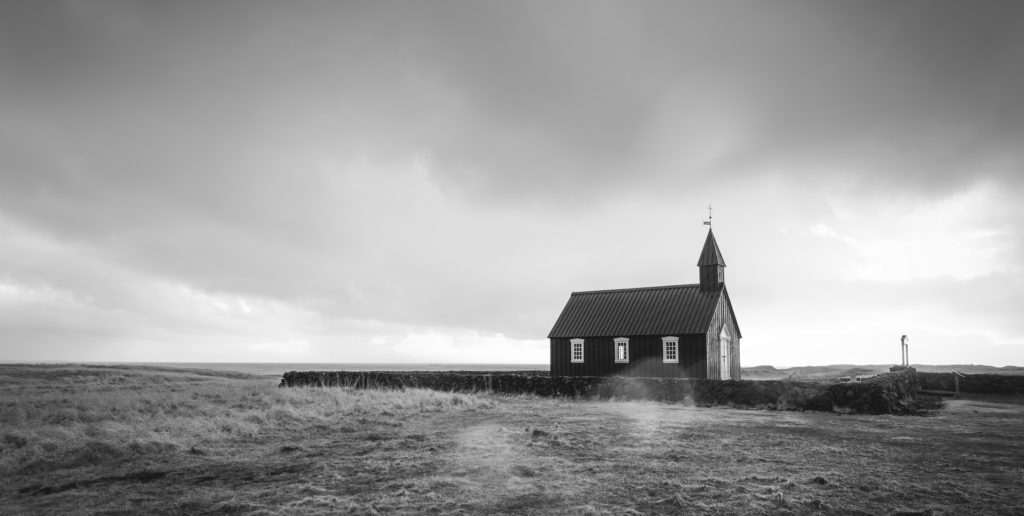Episode 153: The Ache for Meaning – An Interview with Tommy Brown
In this episode we sit down with pastor and author Tommy Brown to talk about his new book The Ache for Meaningand how the temptations of Christ reveal who we are and what we are seeking.

Be sure to subscribe to our YouTube Channel and follow us on Instagram, Facebook and Twitter to stay connected with us throughout the week!
I was more depressed than I realized and was at a near crisis in ministry… I had lost touch with what it meant to be a pastor…
Reading through the temptations of Christ one day, I knew I was on the scent of the trail that I needed to be on… it really started a seven-year journey for me of learning to name my ache and my questions as a pastor…
The temptations are symbolic… the devil didn’t make them up on the spot… they’re each an echo from Israel’s wilderness wanderings… and they speak to our perennial needs for security, significance, and control…
You can boil them down into questions: Will I have enough? Am I enough? And do I matter? In any given situation, we can ask ourselves those questions to see what’s driving our anxiety…
For pastors, it’s a deep seduction to get the deepest needs of our lives met by the church… which means that when things aren’t going well at the church, it strikes at our identity… our identity can’t be based in externals but in sonship…
Jesus is the already the Son of God by nature as the second person of the Trinity and by gift as the Spirit descends upon him… and so the devil is trying to get Jesus to do something that doesn’t need to be done…
The enemy plays with our minds trying to convince us that there’s something to be done to achieve something that’s already been given… and that’s where we get screwy…
There’s an over-functioning in ministry that comes from the fact that we haven’t settled ourselves into our “aready-ness” as sons and daughters of God…
As you grow in your faith, the tests don’t stop… what I’ve learned is to spot them and respond to them earlier… the space between stimulus and response is the place where our freedom lies…
The higher you go in leadership, the more sophisticated and nuanced the temptations become… in every moment there’s an opportunity to respond in one way or another…
